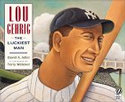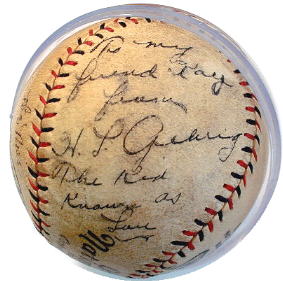The body has many kinds of nerves. There are those involved in the process of thinking, memory, and of detecting sensations (such as hot/cold, sharp/dull), and others for vision, hearing, and other bodily functions. The nerves that die when you have ALS are the motor neurons that provide voluntary movements and muscle power. Examples of voluntary movements are your making the effort to reach for the phone or step off a curb; these actions are controlled by the muscles in the arms and legs.
The heart and the digestive system are also made of muscle but a different kind, and their movements are not under voluntary control. When your heart beats or a meal is digested, it all happens authomatically. Therefore, the heart and digestive system are not involved in ALS. Breathing also may seem to be involuntary. Remember, though, while you cannot stop your heart, you can hold your breath ... so be aware that ALS may eventually have an impact on breathing.
Although the cause of ALS is not completely understood, the 1990's have brought a wealth of new scientific understanding regarding the physiology of this disease.
Perspective from Hiroshi Mitsumoto, M.D., Cleveland Clinic ALSA Center and Chair of ALSA's Medical Advisory Committee: "In a review of ALS published in the Archives of Neurology in 1988, I quote Lewis Thomas. 'The whole field of biomedical science is on the move as never before in the long history of medicine. I don't know what will happen over the next 20 years, but my guess is that we are on the verge of discoveries that will match the best achievement in infectious disease a generation ago.' In ten years - just half of Lewis' prediction - we now know the gene responsible for some familial ALS; we have the first drug we can prescribe for ALS; we have a real animal model for this disease and we have incredibly important knowledge on the cell death mechanisms of motor neurons in ALS. Yes, the progress still appears to be too slow for anyone waiting for a breakthrough, but we are truly on the verge of more exciting discoveries. We have solid reasons for strong hope in ALS." There is no question about whether the cause of ALS will be found; it is only a question of when.
While there is not a cure or treatment today that halts or reverses ALS, there is one FDA approved drug, RilutekŪ, that modestly slows the progression of ALS as well as other drugs in clinical trials that hold promise.








